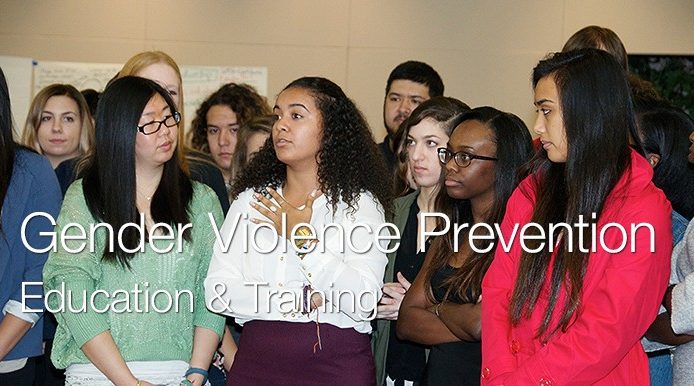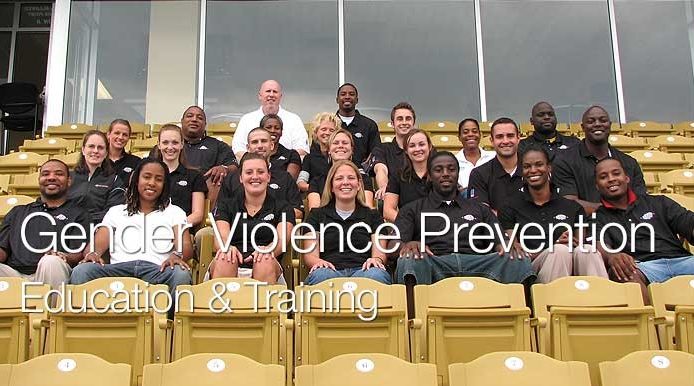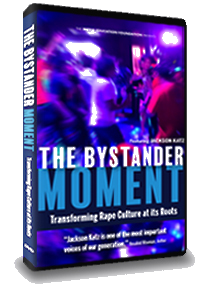MVP: 30 YEARS OF LEADERSHIP IN ACTION
Mentors in Violence Prevention (MVP) is one of the longest-running and most widely influential gender violence, sexual harassment and bullying prevention programs in the world. Founded in 1993, MVP has inspired countless students and people of all ages to challenge and change social, cultural and institutional norms that support abusive behavior.
Among its many accomplishments, MVP introduced the bystander approach (sometimes referred to as “bystander intervention”) to the sexual assault and relationship abuse prevention fields. Since the inception of this transformative concept, numerous educational institutions, sports leagues, businesses, social service programs and other organizations have adopted this and other aspects of MVP’s widely popular prevention strategies.
MVP Strategies was founded in 1997 to further the work of MVP in a variety of institutional settings in colleges, high schools, sports culture and the military. This web site contains useful background information about MVP Strategies initiatives in all of those areas, along with information about how to schedule trainings and consultations.
THE BYSTANDER APPROACH
The name “MVP” refers both to an educational philosophy and to a highly developed training program, in which participants are introduced to key concepts and strategies for implementing the model’s core teaching in their schools, workplaces and extended peer cultures.
MVP trainings are widely renowned for their participatory spirit, creativity, and innovative exercises. MVP was also the first program to focus on bystanders as one component of its overall mission to provide quality gender violence prevention education and leadership development.
MVP bystander training has three main goals:
1) To help students and others develop a range of options for intervention in specific situations and scenarios;
2) To foster a peer culture ethos that motivates everyone to get involved in challenging and interrupting all forms of abuse, and helping to create a climate in which abusive attitudes, beliefs and behaviors are seen as unacceptable, uncool and unwelcome;
3) To help people of all ages and backgrounds develop the skills to become leaders and mentors to others on the issues of sexual assault and relationship abuse prevention.
















